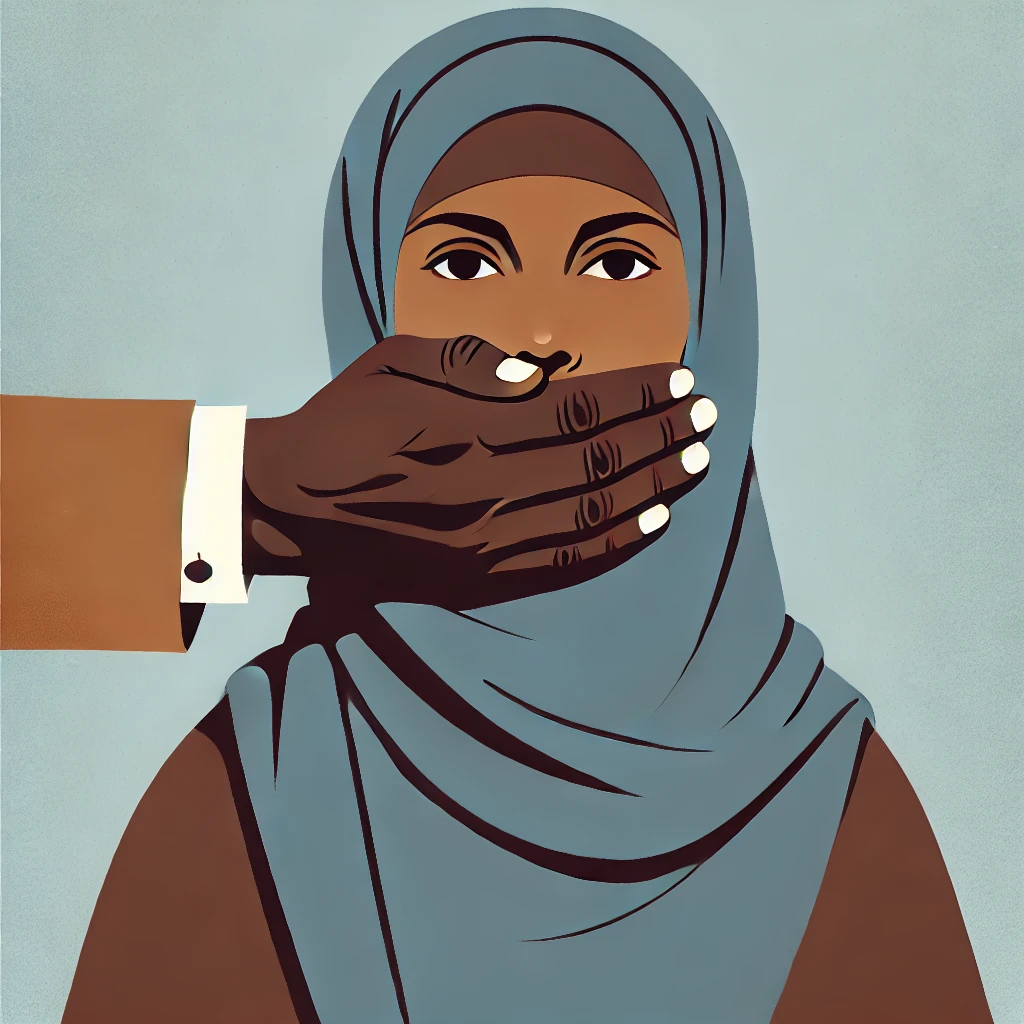For decades, the people of Somalia have endured the devastating impacts of ongoing conflict, civil war, terrorism, and famine. Amidst the rubble of broken buildings and shattered lives, there exists a silent epidemic that often goes unnoticed: the toll on mental health.
In a country ravaged by violence and instability, the scars left on the minds of its people are deep and profound. Yet, the conversation surrounding mental health remains shrouded in silence and stigma. Seeking help for psychological distress is viewed as taboo within Somali culture, and many suffer in silence rather than reaching out for support.
The truth is, the impact of war trauma and ongoing instability on mental health cannot be overstated. Anxiety, depression, post-traumatic stress disorder (PTSD), and other mental illnesses plague individuals and communities alike. Yet, due to cultural norms and a lack of awareness, these issues often go unaddressed and untreated.
One of the biggest obstacles to addressing mental health challenges in Somalia is the pervasive stigma surrounding seeking help. In a society where mental illness is often misunderstood or dismissed as a sign of weakness, individuals are reluctant to open up about their struggles. Instead, they bury their pain deep within, suffering in silence rather than seeking the help they so desperately need. But silence only perpetuates the cycle of suffering. It’s time to break the stigma and start a conversation about mental health in Somalia. It’s time to create a safe space where individuals feel empowered to speak openly about their struggles and seek the support they deserve.
This starts with education and awareness. By destigmatizing mental illness and promoting understanding, we can encourage individuals to seek help without fear of judgment or shame. It also requires building a network of mental health resources and services accessible to all, regardless of background or circumstance.
Furthermore, it’s crucial to address the root causes of mental health challenges in Somalia, including the ongoing conflict and instability. By working towards peace and stability, we can help prevent further trauma and create a foundation for healing and resilience.
But perhaps most importantly, it’s about fostering a culture of compassion and empathy. It’s about standing together as a community to support one another through the darkest of times, lending a listening ear and a helping hand to those in need. In the face of adversity, resilience is born. Let us come together to break the silence, erase the stigma, and build a brighter future for mental health in Somalia





